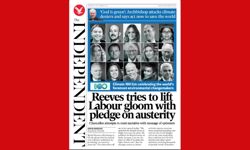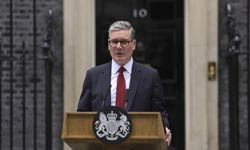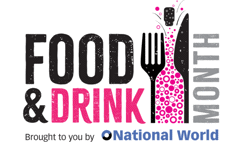The World Association of Newspapers and News Publishers (WAN-IFRA) and the World Editors Forum, along with the International Press Institute (IPI) and the Centre for Freedom of the Media at the University of Sheffield (CFOM), presented recommendations endorsed by 40 media organisations at a meeting held in London in October.
The recommendations in the “London Statement” were presented to Janis Karklinš, Assistant Director-General for Communication and Information of UNESCO, by William Horsley, International Director of the Centre for Freedom of the Media, Jackie Harrison, Chair of CFOM, Anthony Mills, Deputy Director of IPI, and Larry Kilman, Deputy CEO of WAN-IFRA.
The two-day United Nations meeting on the Safety of Journalists and the Issue of Impunity began in Vienna on Thursday, on the eve of International Day to End Impunity. The meeting focuses on the UN Plan of Action on the Safety of Journalists, which aims to create a free and safe environment for journalists and media workers and to strengthen peace, democracy and development worldwide.
The meeting will discuss practical solutions to implementing the UN Plan at country, regional and local level.
More information on the UN Plan can be found at the UNESCO website.
“We are delighted that the United Nations recognizes that more needs to be done to ensure that journalists can carry out their work without fear of attack,” said Larry Kilman. “More than 600 journalists have been killed in the past decade, and it is clear that many governments are failing in their responsibility to provide an environment where journalists can safely carry out their work.
“The key for the success of this plan will rest on the degree of cooperation from UN member states, who carry the responsibility of tackling a culture of impunity by bringing the attackers and killers of media professionals to justice. We hope the UN’s approach will contribute to more engagement from national authorities.”
In a move of rare solidarity, October’s ‘London Statement’ saw representatives from major newspapers and broadcasters in some of the most dangerous countries for journalists, including Pakistan, Mexico, Russia, Sri Lanka and Somalia, agree that threats, both physical and legal, must end.
The resulting eight-point declaration condemned killings and attacks against journalists and expressed dismay over the lack of government action. The London Statement, and the list of signatories, can be read here.
At the meeting in Vienna, civil society organisations also submitted recommendations as part of a unilateral effort to address the most serious threat to a free press worldwide.










